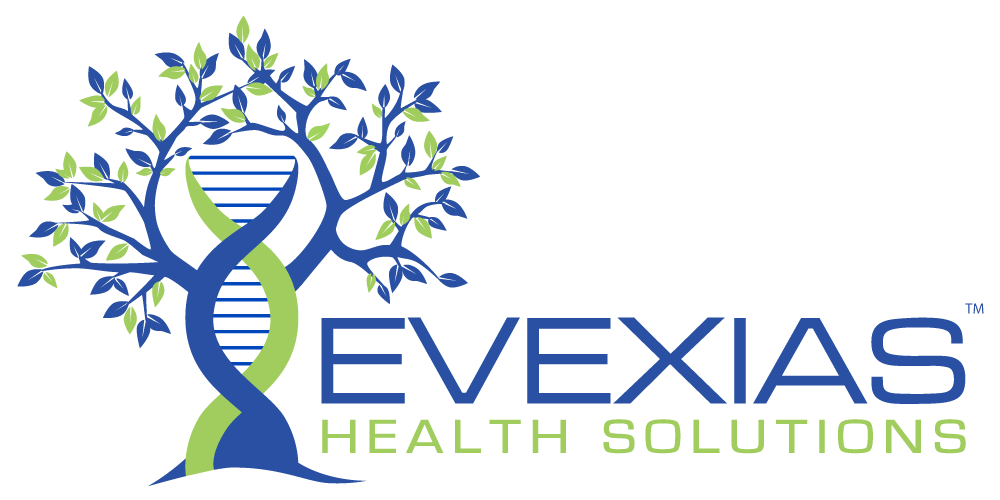Your hormones are a major force in your body, beginning even before you are born. These chemical messengers regulate energy usage and metabolism, influence libido and mood, and maintain an internal equilibrium that helps you to live comfortably. But hormonal imbalances and fluctuations can disrupt that equilibrium and cause a wide range of symptoms that affect your mind and body. When this happens, hormone replacement therapy (HRT) is often the best option to find meaningful symptom relief and restore your quality of life.
If you’re considering HRT, you probably already know you have choices. One of the most important of these is bioidentical hormone therapy vs. synthetic treatments. Understanding the differences between these options can help you make smart decisions about your health.
Bioidentical Hormone Therapy vs. Synthetic Options
There are more HRT treatment options than ever before. While this means there are more opportunities for symptom relief, having so many choices can also be overwhelming—but it doesn’t have to be. Today, patients are increasingly opting for bioidentical hormone therapy vs. synthetic HRT due to the following features:
Hormone Source
Bioidentical hormones are derived from plants, including yams. Phytoestrogens from plant sources may be converted to estrogen, progesterone, testosterone, cortisol, and dehydroepiandrosterone (DHEA), a hormone precursor. This ethical and sustainable source of replacement hormones does not involve the use of animal-sourced ingredients as some synthetic hormones do.
Chemical and Molecular Structure
The chemical and molecular structure of bioidentical hormones is the single greatest difference between bioidentical hormone therapy vs. synthetics. Bioidentical hormones are engineered to exactly replicate human hormones, which makes them immediately bioavailable. The exact match is believed by many to increase efficacy and minimize side effects, which may explain why some patients who have tried synthetics in the past report better results when they switch to bioidentical alternatives.
To better understand this difference, think of a lock and a key. Hormones turn on cellular functions by attaching to specific receptors in target tissues. Much like a specific key fits a lock, specific hormone molecules activate corresponding receptors. Some synthetic hormone preparations may be a close fit, but don’t perfectly connect with the corresponding hormone receptors. Some of these differences may affect treatment outcomes.
Method of Delivery
Custom-compounded bioidentical hormone therapy offers multiple ways of delivering replacement hormones to your body, including pills and tablets, injectables, topical preparations, transvaginal products, and implantable pellets. This increases the likelihood of finding a delivery method that is comfortable and effective for you.
Expanded Dosing Options
Personalized bioidentical hormone replacement therapy begins with careful diagnostic testing to measure your hormone levels and help your doctor develop a treatment plan. Your hormone therapy is then formulated by a compounding pharmacy in the precise dosage appropriate for your body.
Current guidelines for HRT recommend the use of the lowest effective dose to address symptoms while minimizing side effects. This may not be possible with synthetic hormone products, which are typically available only in standardized doses. Bioidentical hormone therapy offers you endless dosing options to support optimal outcomes.
Knowledgeable and Caring Practitioners
Virtually any physician can prescribe synthetic hormones. However, many have no specialized training specifically in HRT. In contrast, practitioners who specialize in bioidentical hormone therapy have a unique interest in hormonal health and have often undergone extensive training in HRT. Many choose to prescribe bioidenticals because they find them to be a better fit for their patients. These doctors can:
- Evaluate your symptoms and medical history
- Perform and interpret diagnostic testing
- Help you understand the risks and benefits of hormone treatment
- Create a customized plan to restore hormone balance using cutting-edge therapies
- Offer guidance about lifestyle changes to help you achieve your goals
- Provide ongoing support
For many patients, the advantages of bioidentical hormone therapy vs. synthetic options are clear; having a knowledgeable and caring doctor in your corner helps you feel more confident that you can achieve the results you’re looking for.
Make an Informed Choice
While hormone replacement therapy remains the most effective treatment for many hormone-related symptoms, each patient’s needs are unique. If you are considering HRT, it is essential to understand the benefits of bioidentical hormone therapy vs. synthetic options to make informed decisions and advocate for yourself. With the guidance of a hormone health specialist, you can fully explore your options and make thoughtful choices that will help you unlock a brighter future.
If you want to know more about bioidentical hormone therapy vs. synthetic options, the doctors in the EVEXIAS network can offer the guidance you need. Contact us to learn more about our innovative treatment options.









